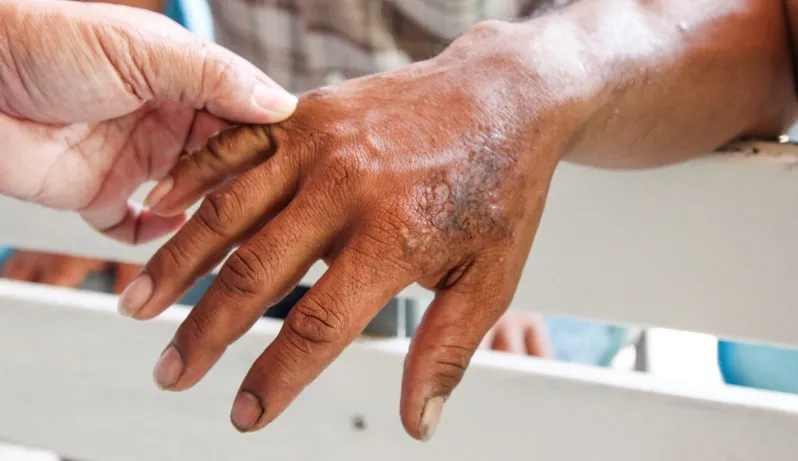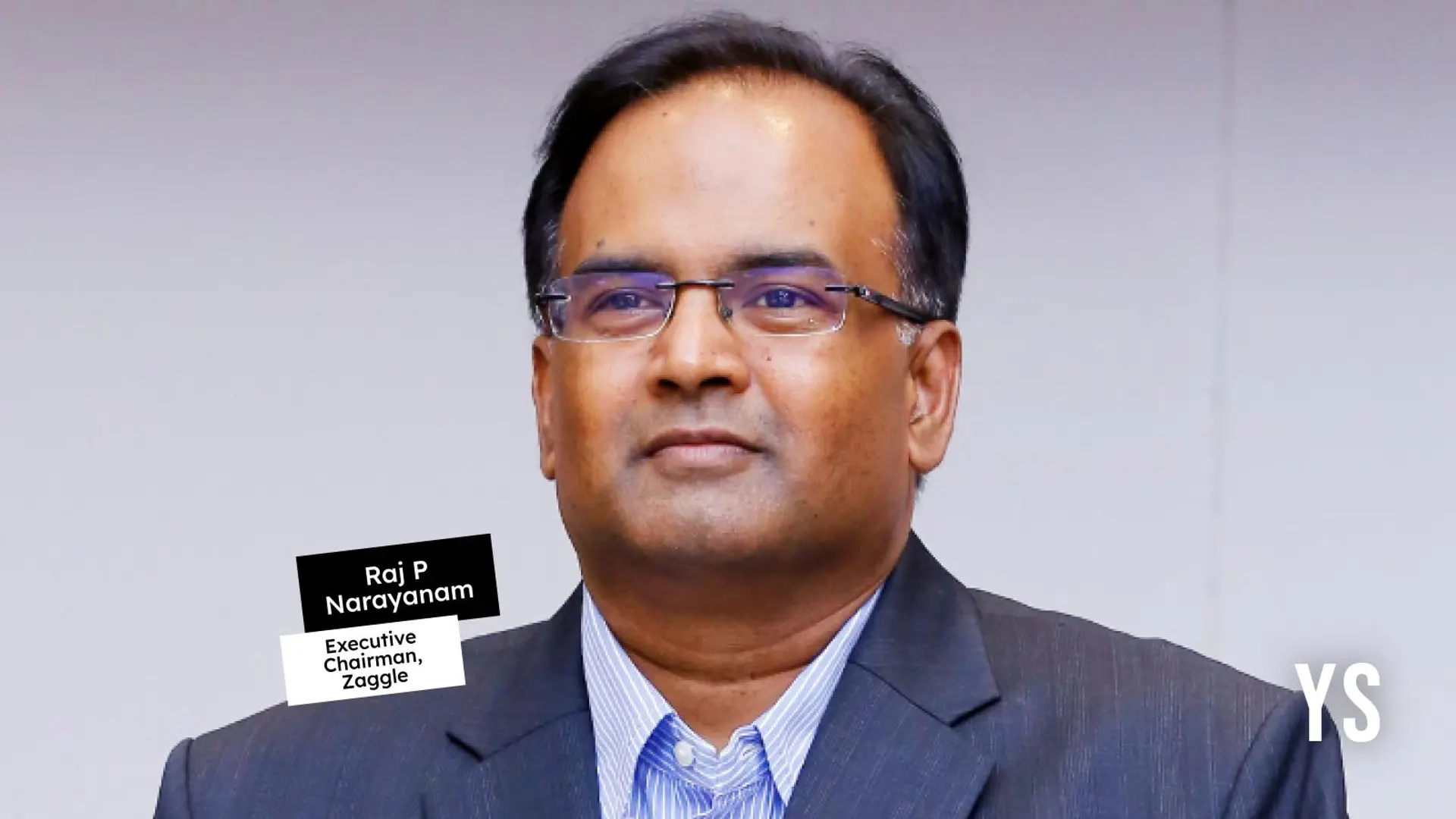[Survivor Series] I do not want my grandchildren to look at me in a way that scares them
In this feature of Survivor Series, we bring you the story of Sunita, a leprosy patient, who is battling the illness for many years, and the challenges associated with the disease.
My name is Sunita (name changed), and I am 63-years-old. I have lived in Leprosy Colony for over 30 years now. In the early 90s, when I was a young bride, my husband and I were excommunicated from our family.
At the time, we were told a cure for Tusht rog (leprosy) had come to Delhi, and the government was providing the diagnosis for free.
In 1992, we left our place in Secunderabad, Andhra Pradesh, (now in Telangana) for Delhi and were able to get the medication. However, by the time we reached the capital city, the disease had rendered my nerves untreatable.
An old friend from Andhra guided us towards Leprosy Colony. Initially, we had apprehension, but we decided to trust the community that had made a good name for itself over the years.

For the first time since the diagnosis, I felt like a human being and not a leper. For me, it was sweeter than freedom. However, this freedom was short-lived.
In 1994, I was not a registered patient when the government announced a leprosy pension. I missed out on the pension benefits, and the government red tape was overwhelming to get through, so we let it be. During this time, my husband kept our family afloat.
Right after marrying our two daughters to good families in Secunderabad, my husband passed away. I was used to people leaving, but when he died, the 135 members of our community could not make me feel any less lonely. I did not have the time to mourn him.
As a leprosy patient with permanent deformities, no one would give me a job, and the jobs I would get would require basic labour, which I couldn’t do owing to my illness.
Food wasn’t a problem for me. When you are poor all your life, you adjust your hunger according to your resources. The real issue was the cost of dressing ulcers and other medication.
One of my neighbours, Lata — born and brought up in the Leprosy Colony — helped me get registered as a leprosy patient so I could get my rightful pension, but it was to no avail.
Yet again, the process was never-ending, especially since the government declared leprosy completely eradicated from India, which meant I had to start begging to make ends meet.
Being a leprosy patient, no one wishes to look at me. The sight of my deformity sends shivers down the spine of grown individuals. How can I expect them to think mercifully of me to a point where they give me money? Each day is a similar toil.
Every day, I wait for my daughters to send me tickets to visit them. I visit them once every year, but due to COVID-19, I haven’t seen my daughters and my grandkids in two years.
I pray to God every day; I do not want my grandchildren to look at me and get scared. I hope seeing me after two years doesn’t make them look at me like everyone from the outside world (a world outside of Leprosy Colony).
Edited by Suman Singh

![[Survivor Series] I do not want my grandchildren to look at me in a way that scares them](https://images.yourstory.com/cs/5/79900dd0d91311e8a16045a90309d734/survivorseries-1644245038118.jpg?mode=crop&crop=faces&ar=2%3A1&format=auto&w=1920&q=75)





